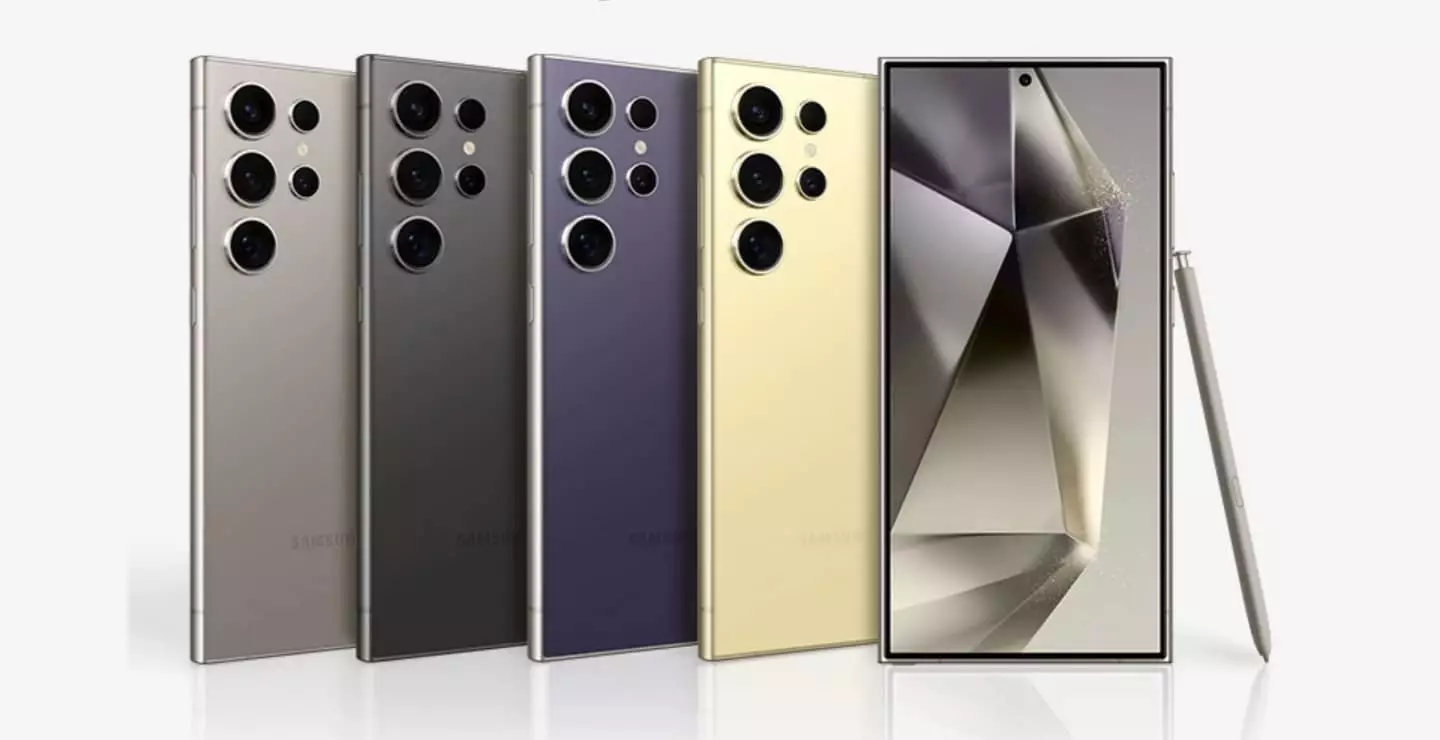Samsung’s approach to utilizing both Snapdragon and Exynos chipsets for its flagship Galaxy S series has been a topic of discussion in recent months. While there were earlier speculations that the company would fully switch to Exynos SoCs for the Galaxy S25 lineup, a new report now suggests otherwise.
Contrary to previous rumors, a report by DigiTimes Asia indicates that Samsung will continue with its strategy of incorporating both Qualcomm’s Snapdragon 8 Gen 4 and its in-house Exynos 2500 chipsets in the Galaxy S25 series. This decision marks a departure from the anticipated transition to exclusively using Exynos processors.
The report does not specify the exact distribution of chipsets within the Galaxy S25 lineup. However, it is expected that the top-tier Galaxy S25 Ultra will feature the Snapdragon 8 Gen 4 in all markets. Other models, such as the Galaxy S25 and S25+, may see variations in chipset, with some regions receiving the Exynos 2500 and others the Snapdragon 8 Gen 4.
Samsung’s choice to maintain a split chipset strategy extends beyond the Galaxy S series to include foldable devices like the Galaxy Z Fold and Galaxy Z Flip. The company is also focused on narrowing the performance gap between Qualcomm and Exynos chipsets, with claims that the Exynos 2500 processor surpasses the Snapdragon 8 Gen 3 in terms of CPU and GPU performance.
While specific benchmark results are not yet available, the Exynos 2500 chipset is rumored to feature a powerful configuration, including a high-performance Cortex-X5 core, Cortex-A730 cores, and Cortex-A520 cores. On the other hand, Qualcomm’s Snapdragon 8 Gen 4 chipset is set to debut with a custom Oryon CPU, promising enhanced performance for upcoming flagship Android devices.
Samsung’s decision to continue using a combination of Snapdragon and Exynos chipsets for the Galaxy S25 series reflects a strategic approach to cater to different market segments and optimize overall performance. As advancements in chipset technology continue to evolve, consumers can expect enhanced capabilities and efficiency in Samsung’s upcoming flagship devices.


Leave a Reply